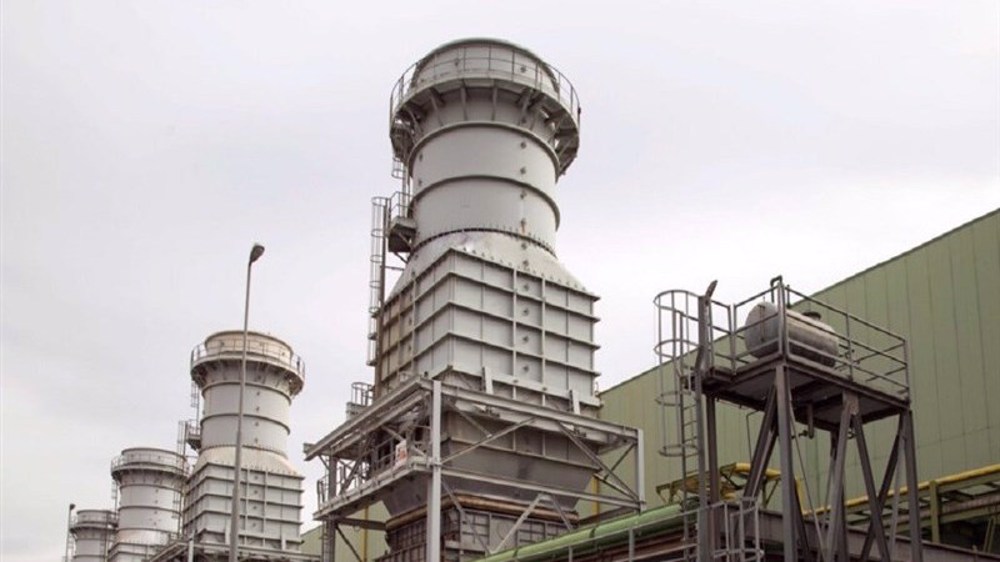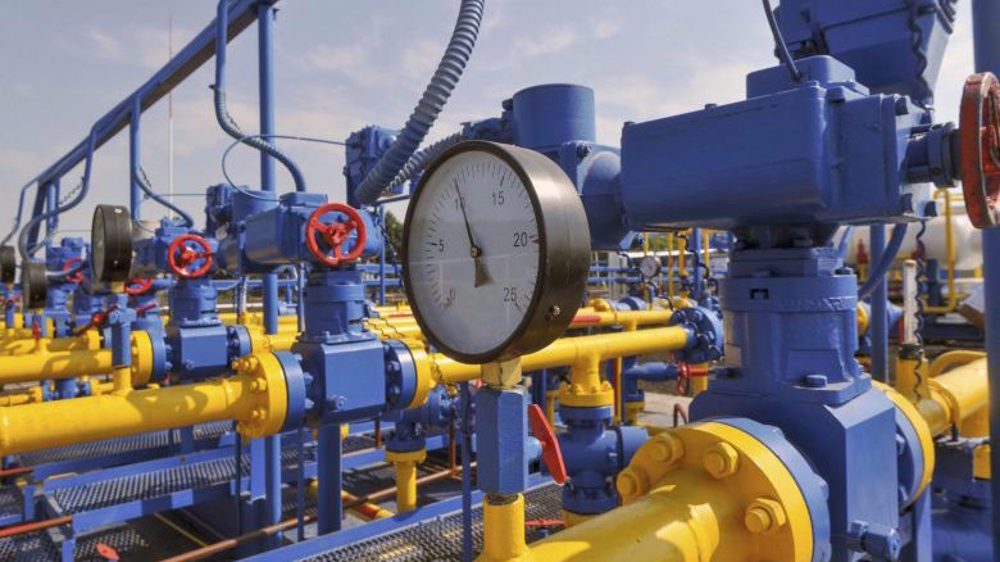Iran allows investors to export power
The Iranian government allows foreign companies for the first time to export part of the electricity which they generate in the country, a deputy energy minister says.
The decision came as major South Korean companies began fresh talks for cooperation in Iran’s power generation industries, the Mehr news agency said on Tuesday.
German and Italian companies have also indicated their interest to build power plants in Iran, including renewable energy facilities.
Deputy Energy Minister Alireza Daemi told representatives of Korean companies that the Iranian government had envisaged very attractive terms for cooperation with foreign investors, including guaranteed purchases of electricity from the producers and allowing them to export to Iran’s neighbors.
“Joint projects in the third countries can be part of the agreement because Iran has suitable grounds for execution of various projects in neighboring countries such as Turkmenistan and Tajikistan,” he said.
Executives of Hyundai and Daewoo engineering and construction companies and other private builders such as Daelim Industrial Company visited Tehran last month along with South Korean Minister of Land, Infrastructure and Transport Yoo Il-ho.
Iran and Germany also signed a contract for the construction of a wind farm and two photovoltaic power plants in Arvand Free Trade Zone in southwest Iran.
Deputy Energy Minister Houshang Falahatian said then the deal was in line with Iran’s bid to add up to 37,000 megawatts to its national power grid.
It includes generating about 5,000 megawatts from renewable energy sources with the help of German companies which are among “the world’s front-runners” in producing clean energy and renewables, he said.
Italy’s Fata, the engineering unit of the country’s leading industrial group Finmeccanica, also signed a 500 million euro ($543 million) contract with Ghadir Investment Company to build a power plant in Iran.
Iran is the biggest producer of electricity in the Middle East, generating over 70,000 megawatt-hours.
Energy Minister Hamid Chitchian has said the country plans $50 billion of investment in water and electricity projects.
VIDEO | Press TV's news headlines
Iranian satellites launched into space as private sector debuts in space industry
VIDEO | Iran, Azerbaijan conduct joint maritime rescue operations
VIDEO | Yemen’s Red Sea divide: Naval forces block Israeli-linked ships in strategic ‘parting of the water’
VIDEO | Southern Gaza: Israel’s facade for famine and suffering
VIDEO | IOF hampering humanitarian aid
VIDEO | Sharmahd: Justice Done
Iran repeatedly warned Israel not to test its will: FM










 This makes it easy to access the Press TV website
This makes it easy to access the Press TV website